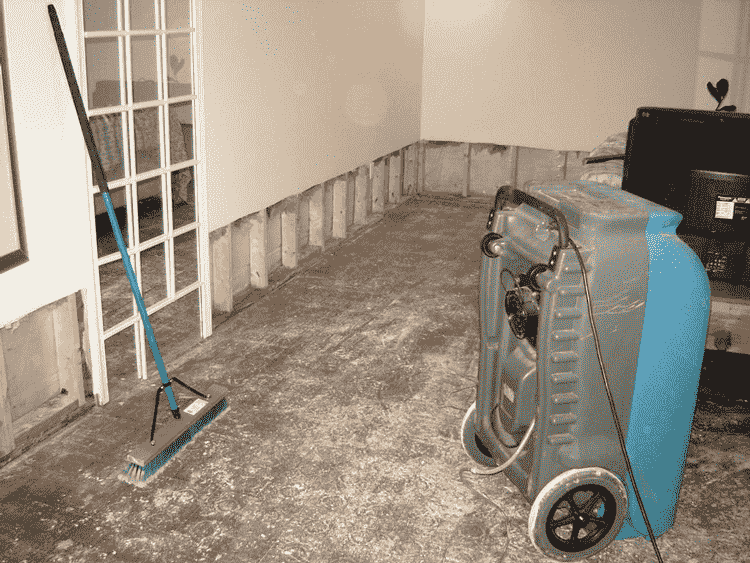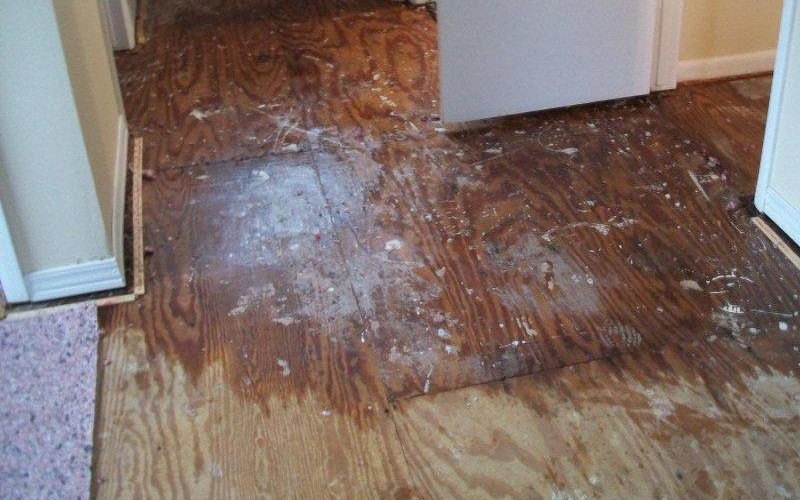Hurricanes are powerful natural disasters that can cause significant damage to homes, infrastructure, and communities. Recovering from the aftermath of a hurricane can be challenging and overwhelming. It requires careful planning, resource allocation, and a resilient mindset. When a hurricane strikes, it leaves behind a trail of destruction, leaving individuals and communities grappling with the aftermath. The recovery process from https://supercleanrestorationpb.com/hurricane-damage/ involves addressing various challenges, both practical and emotional. By understanding these challenges and following the right steps, you can navigate the recovery journey more effectively.
Before beginning the recovery process, it is crucial to assess the extent of the damage caused by the hurricane. Conduct a thorough inspection of your property to identify structural damage, water intrusion, and other issues with the help of https://supercleanrestorationpb.com/hurricane-damage/. Take photographs and make detailed notes to document the damage accurately. This information will be essential for insurance claims and recovery planning.
Documenting the Damage for Insurance Claims
Contact your insurance provider as soon as possible to initiate the claims process. Provide them with documented evidence of the damage, including photographs, videos, and written descriptions. Keep thorough records of all communication with your insurer, including claim numbers and the names of representatives you speak with.
Repairing or Rebuilding the Damaged Structures
Depending on the extent of the damage, you may need to repair or rebuild certain structures in your property. Consult with qualified contractors and obtain multiple estimates for the work required. Ensure that the contractors are licensed, insured, and reputable. Obtain the necessary permits and follow local building codes during the construction process.

Dealing with Emotional and Psychological Impact
Recovering from hurricane damage is not just about physical restoration but also addressing the emotional and psychological impact. Natural disasters can cause stress, anxiety, and trauma. Seek support from friends, family, or professional counselors who can help you cope with the emotional challenges. Engage in self-care activities like exercise, meditation, and time in nature.
Seeking Financial Assistance and Aid
In some cases, individuals and communities affected by hurricanes may be eligible for financial assistance and aid. Research and apply for available programs, grants, and loans that can help cover the costs of repairs and rebuilding. Contact local government agencies, nonprofit organizations, and disaster relief funds for information and support.


